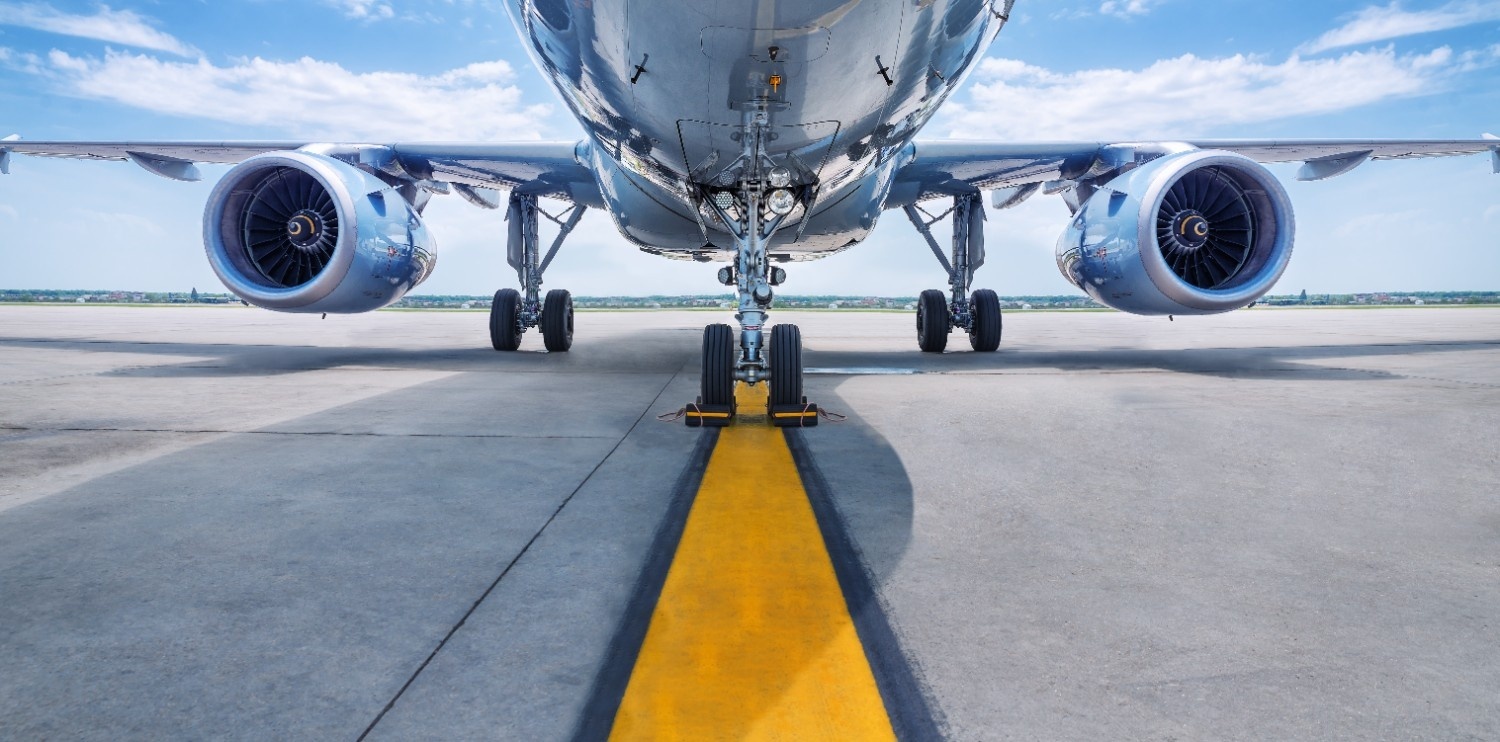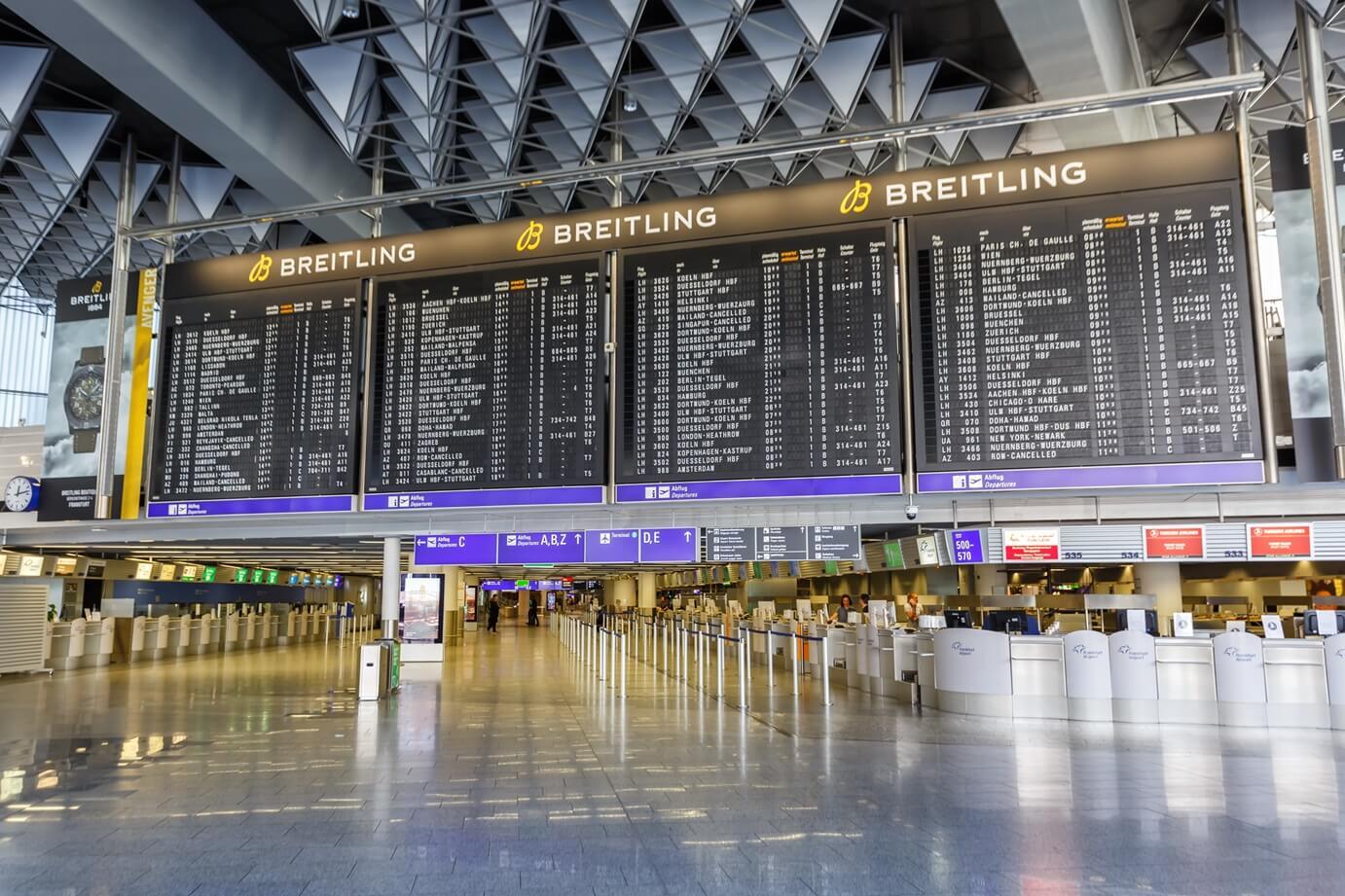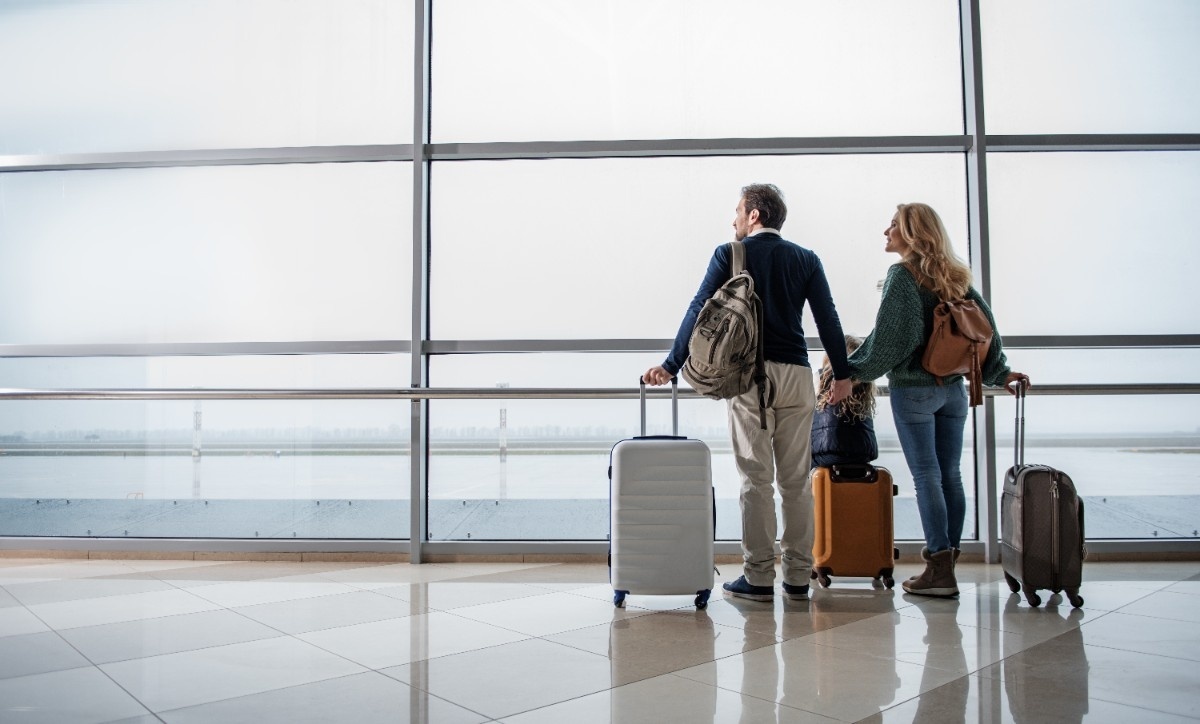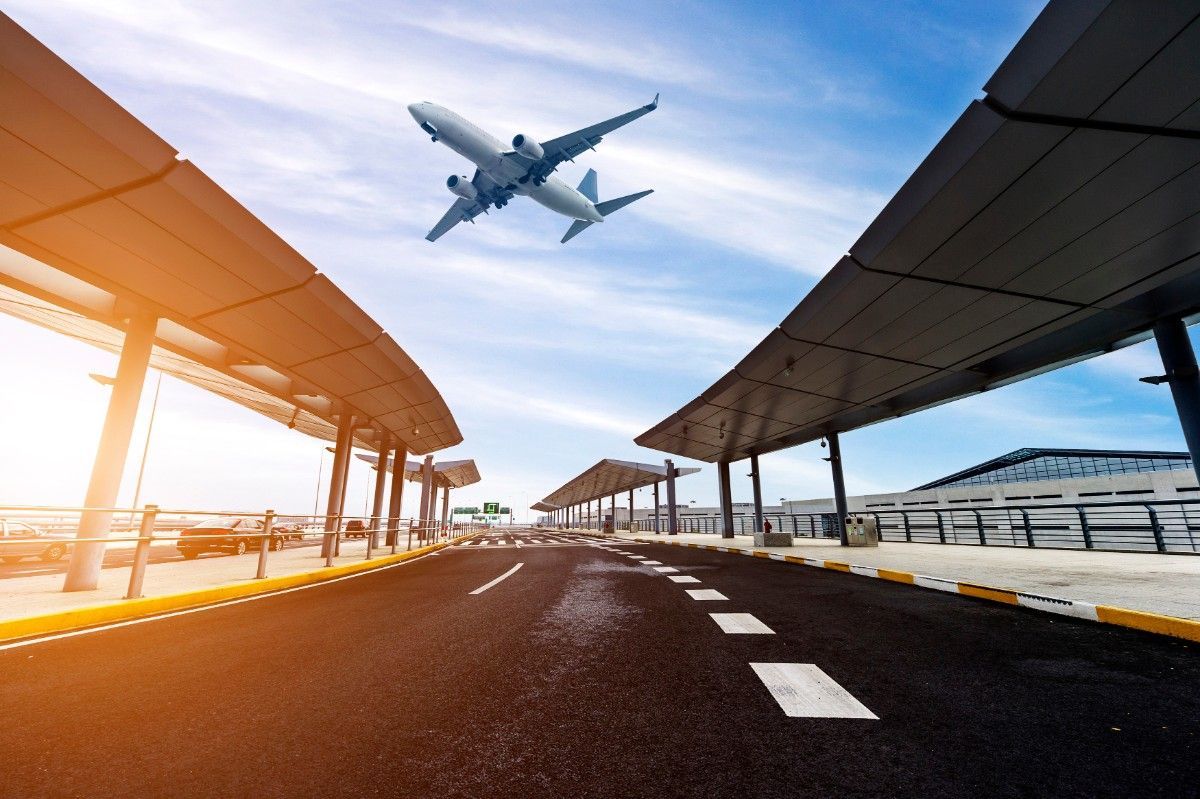Reflecting on five years since the Ethiopian Airlines Flight 302 tragedy

Five years have passed since a day that etched itself in the annals of aviation history with sorrow and crucial lessons. On March 10, a Boeing 737 MAX 8, operated by Ethiopian Airlines as Flight 302, met with a devastating fate shortly after taking off from Addis Ababa, destined for Nairobi. The tragedy not only claimed 157 lives but also marked a turning point in the aviation industry, particularly affecting the journey of the 737 MAX series.
The tragic day unfolds
It was a morning like any other on March 10, 2019, when Flight 302 lifted off at 08:38 local time. The destination was Nairobi's Jomo Kenyatta International Airport, but fate had a different plan. Within moments of ascent, trouble brewed in the cockpit as the first officer reported a critical flight control issue. The plane's Maneuvering Characteristics Augmentation System (MCAS) activated unexpectedly, pitching the aircraft's nose down. Efforts to wrest control from the system's grip proved futile, leading to a heart-wrenching crash near Bishoftu, Ethiopia, ending 157 lives.
This four-month-old aircraft, powered by CFM International LEAP-1B engines, became the center of a maelstrom of scrutiny. Its crash followed another tragic incident involving a MAX 8 in Indonesia, which had occurred just four months prior. These two incidents collectively spurred a global reevaluation of the MAX series' safety.
The aftermath and the grounding
The ripple effects of the crash were immediate and significant. Authorities worldwide, led by China, grounded the 737 MAX fleet, initiating a thorough investigation into the causes of the tragedies. This marked a period of uncertainty and introspection for Boeing and the aviation industry at large. The focus was on the MCAS system, identified as a key factor in both crashes, necessitating comprehensive fixes and reassurances of safety from Boeing.
Navigating through challenges
The journey towards rectifying the issues and regaining trust was long and fraught with challenges. Between March 2019 and December 2020, the MAX series remained grounded globally, with recertification processes unfolding at various paces across different jurisdictions. The FAA took the lead in recertifying the MAX 8 in November 2020, with other aviation bodies eventually following suit. Despite initial hesitations and the shadow of past tragedies, the MAX found its wings again, with Ethiopian Airlines among those reinstating confidence in the model by ordering 20 more units.
Today, the 737 MAX has resumed its place in the skies, serving routes worldwide with a record that speaks to the extensive measures taken to ensure its safety. However, the aviation community remains vigilant, underscored by recent incidents involving the MAX 9 series that have once again brought Boeing's quality assurance processes into question. These developments serve as a reminder of the relentless pursuit of safety and excellence in aviation.
Looking ahead with lessons learned
The legacy of Ethiopian Airlines Flight 302 extends beyond its immediate impact. It has fundamentally reshaped how aviation safety is approached, with a renewed emphasis on oversight, transparency, and the importance of listening to the voices of pilots and engineers. As we remember the lives lost and the lessons learned, the commitment to never allowing such a tragedy to recur remains a guiding principle for all involved in aviation. The story of the 737 MAX continues, but with a narrative that is now deeply informed by its past, driven by a relentless quest for safety and reliability in the skies.
Latest posts
Flight delays and cancellations in May 2025
Check which flights were delayed and cancelled in May 2025 – you may still be entitled to claim up to 600 € in compensation.
Could a flight delay cost you your job or career?
Flight delays are not just annoying they can derail careers. See how missed connections impact professional lives.
Can you sue the weather? Legal limits of delay claims
Weather delays frustrate travellers, but can you claim compensation? Exploring legal grey areas in flight disruptions.












